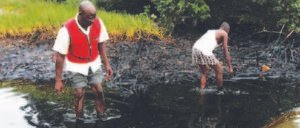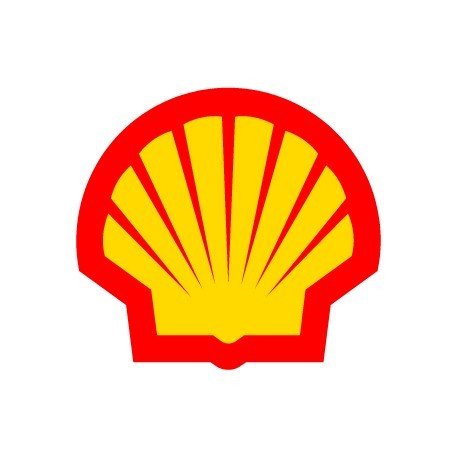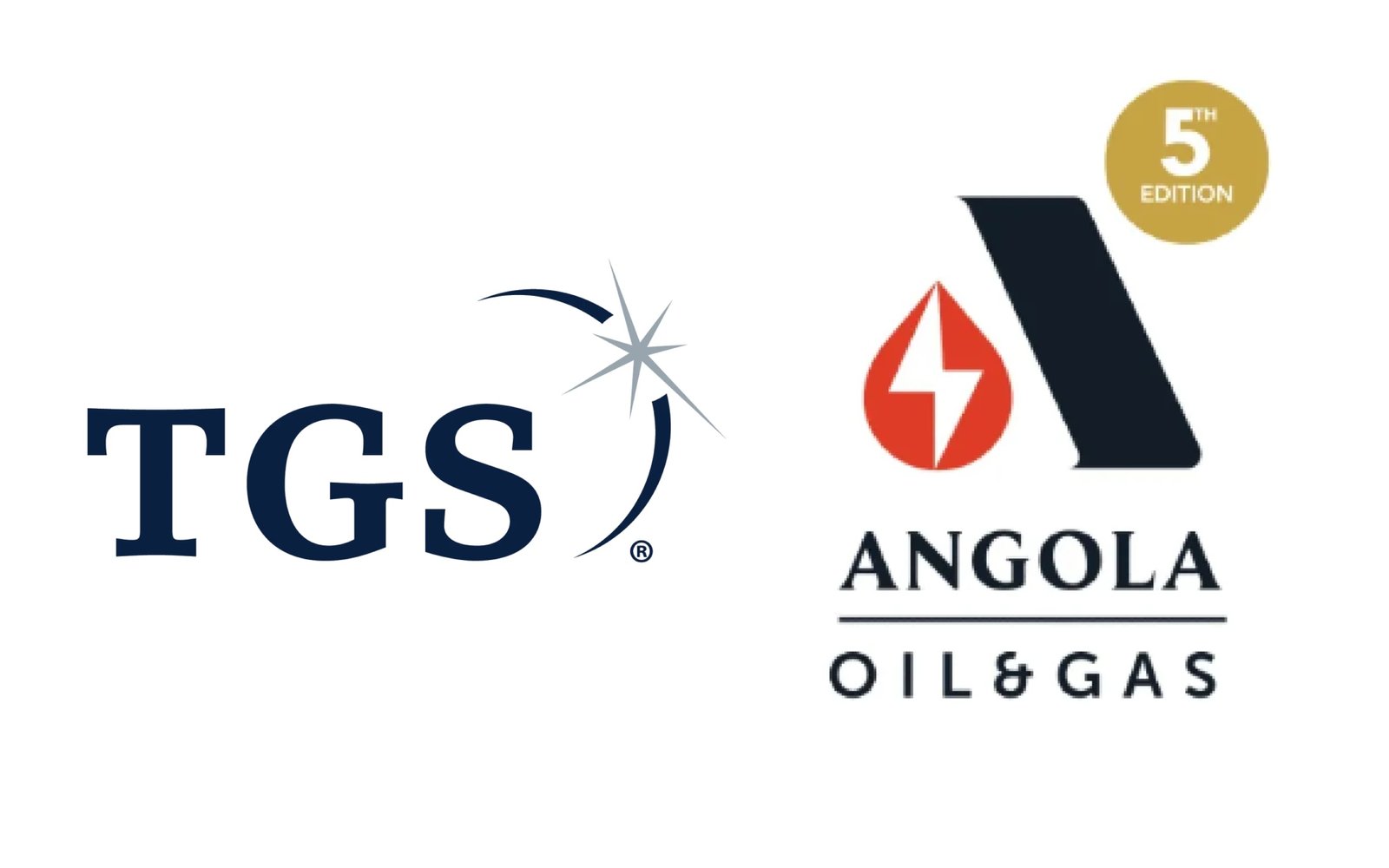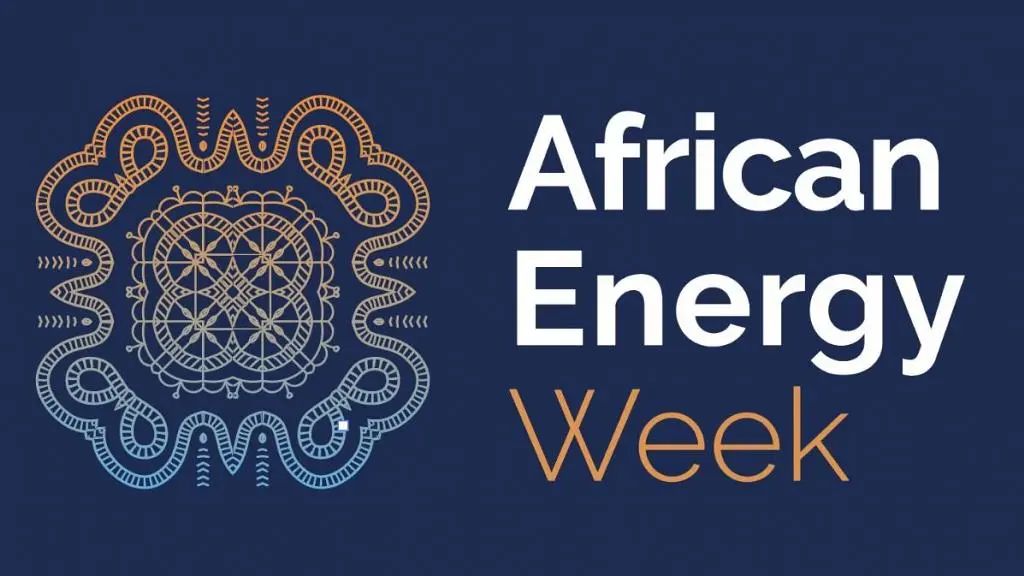By Eyo Nsima
Shell Petroleum Development Company, an International Oil Company, recorded its first oil spill in April 2023.
The spill, attributed to sabotage occurred at 24” Ogale Bomu Pipeline at Kpite on April 1, 2023, while the Joint Inspection Visit, JIV, was carried out the following day, according to Oil Spill Incident data, obtained from the company.
According to the data, in March, the company recorded 17 cases at various locations, most of which were caused by sabotage.
In its Briefing Notes obtained by The Daily, www.thedaily-ng.com, the company, stated: “SPDC is working to eliminate spills from its operational activities, remediate past spills and prevent spills caused by crude oil theft, sabotage of pipelines or illegal oil refining. While SPDC operates to the same technical standards as other Shell companies globally, illegal activities continue to inhibit a normal operating environment. Regardless of the cause of a spill, we clean up and remediate areas affected by spills originating from our facilities.
“SPDC operational spills¹²: In the Niger Delta, over the last 12 years, the total number of operational hydrocarbon spills and the volume of oil spilled from them into the environment has been significantly reduced. In 2022, 10 incidents, each of over 100 kilograms of crude oil, were reported compared with nine incidents in 2021.
“The volume of around 0.01 thousand tonnes was less than the 0.03 thousand tonnes recorded in 2021. Spills from illegal activities: In 2022, about 88% of the oil spills of more than 100 kilograms from the SPDC-operated facilities were caused by the illegal activities of third parties – 75 incidents with a volume of 0.6 thousand tonnes, compared with 106 incidents in 2021, with the volume of 3.3 thousand tonnes. The decreased number of incidents in 2022 correlates with a shutdown of production for about six months because of an unprecedented increase in crude oil theft from the TNP, which is operated by SPDC on behalf of the SPDC JV partners.
“In 2022, SPDC successfully remediated an additional 230 sites, compared to 187 sites remediated in 2021. Since 2016, 776 sites have been remediated. Most oil spills in the Niger Delta region continue to be caused by crude oil theft, the sabotage of oil and gas production facilities, and illegal oil refining, including the distribution of illegally refined products. Illegal connections continued to be a challenge. A total of 468 illegal connections were removed from SPDC’s pipelines in 2022 compared to 195 in 2021. Illegal connections are identified by daily inspections from the air and on the ground.
“SPDC has an ongoing work programme to appraise, maintain and replace key sections of pipelines and flow lines, to reduce the number of operational spills and enhance the integrity of the pipelines. In 2022, around 27 kilometres of pipelines and flow lines have been replaced. This work is organised through a proactive pipeline and flow line integrity management system. The system installs barriers where necessary and recommends when and where pipeline sections should be replaced to prevent failures.
“By the end of 2022, a total of 311 new steel cages were installed around critical infrastructure nodes, including 38 that had been upgraded with CCTV. This compared to a total of 283 installed cages at the end of 2021. In 2022, out of 732 registered attempts to breach them, only 47 were successful.
“In 2022, the time needed to complete the recovery of free-phase oil – oil that forms a separate layer and is not mixed with water or soil – remained at around one week. This is the average time it takes to safely access a damaged site, initiate containment to prevent further spread of the spill, and start joint investigation visits with regulators, affected communities, and in some cases with NGOs.”
It added: “Closer engagement with communities has helped SPDC to access spill locations more quickly, meaning on average that joint investigations into the cause of a spill began within two days in 2022 compared to six days in 2016. Regardless of the cause of a spill, SPDC cleans up and remediates areas affected by spills originating from its facilities. With operational spills, it pays compensation to affected people and communities.”









